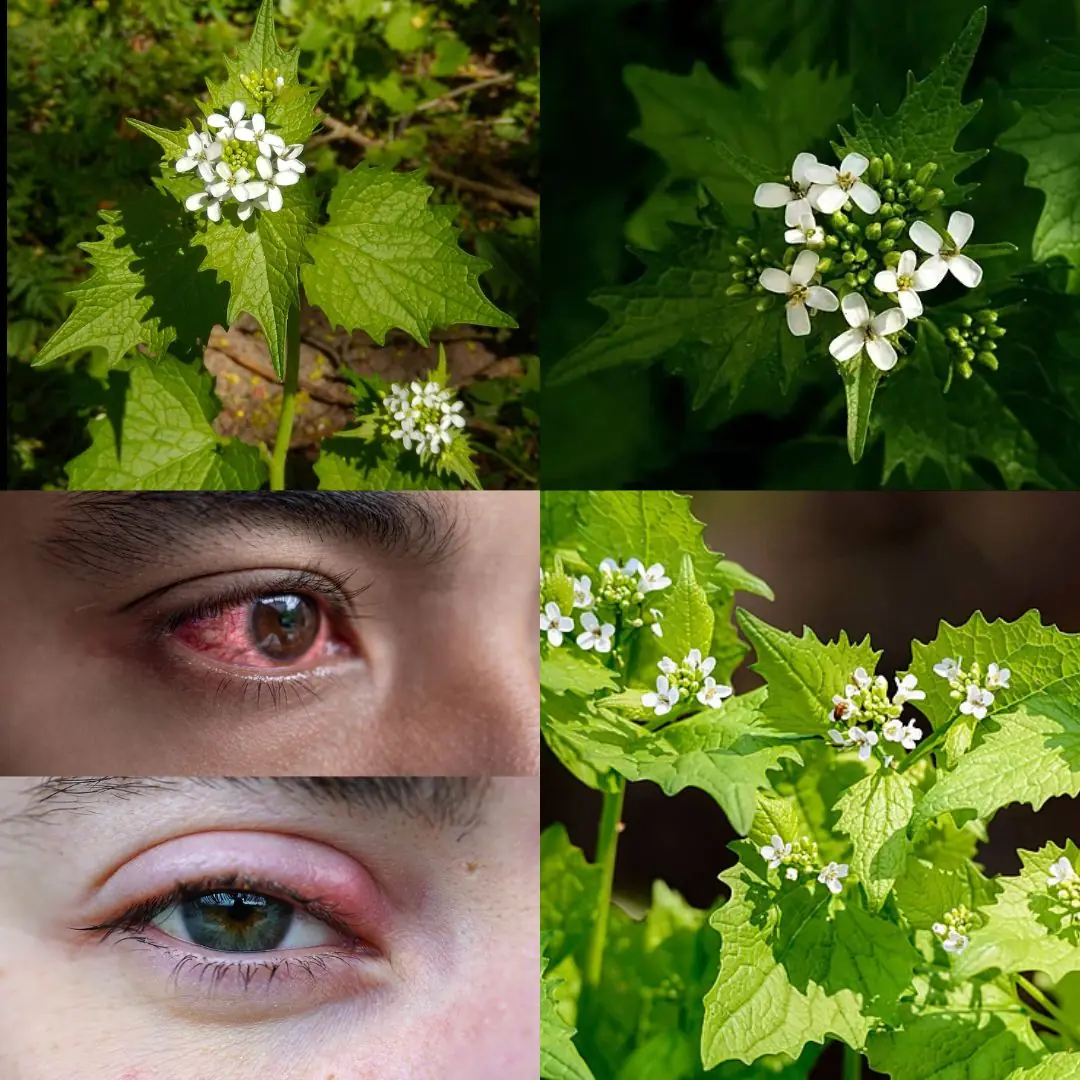
CANCER IS PAINLESS AT FIRST, BIT IF YOU SEE THESE 8 SIGNS WHEN GOING TO THE TOILET, YOU SHOULD SEE A DOCTOR IMMEDIATELY
Cancer is one of the most serious diseases known to humanity, yet it often begins quietly, without any pain or visible warning. The phrase “Cancer is painless at first, but if you see these 8 signs when going to the toilet, you should see a doctor immediately” serves as a powerful reminder of how subtle and deceptive this illness can be. While not every symptom during bowel or urinary movements is a sign of cancer, ignoring them can be dangerous. Early detection can mean the difference between life and death.
The first and most alarming sign is blood in the stool or urine. This can indicate colorectal, bladder, or kidney cancer. Sometimes people dismiss a small amount of blood as hemorrhoids or infection, but persistent bleeding must always be checked by a doctor. The second sign is a change in bowel habits — for instance, chronic constipation, diarrhea, or an irregular pattern that lasts more than a few weeks. Such changes can suggest that something is obstructing the digestive tract.
A third warning signal is unexplained weight loss. Many people are happy to lose weight without trying, but sudden and significant loss can be an indication that cancer cells are consuming the body’s energy. The fourth sign is persistent abdominal pain or discomfort. Cancer in the colon, rectum, or bladder can cause bloating, cramps, or pressure that doesn’t go away even after using the toilet.
The fifth symptom to watch for is a feeling that the bowel doesn’t empty completely. If you constantly feel the need to go to the toilet even after finishing, it could be due to a growth in the rectum or colon. The sixth sign is changes in the color, shape, or size of stool — pencil-thin stools, black or tar-like stools, or mucus-filled stool can all be warning indicators. The seventh sign is frequent urination or pain while urinating, which might signal prostate or bladder cancer. Finally, the eighth sign is fatigue or weakness without clear cause, as the body struggles to cope with internal blood loss or the spread of cancerous cells.
It is important to remember that these symptoms do not automatically mean cancer. They can also result from infections, dietary changes, or stress. However, if these signs persist for more than two weeks, medical consultation is essential. Early diagnosis allows for more effective treatment and a higher chance of survival. Modern medical technology, including colonoscopies, imaging scans, and blood tests, can detect cancer at an early stage — long before it becomes life-threatening.
Beyond physical signs, there is also a psychological side to consider. Many people ignore warning symptoms out of fear or embarrassment. Talking about bowel or urinary problems can feel uncomfortable, but silence can be deadly. Raising awareness about these early signs is not meant to cause panic, but to encourage responsibility and self-care. Regular health check-ups, a balanced diet, and open communication with healthcare professionals can significantly reduce the risk of late detection.
In conclusion, cancer often begins without pain, silently growing until it becomes too dangerous to ignore. The message “Cancer is painless at first, but if you see these 8 signs when going to the toilet, you should see a doctor immediately” should not be taken lightly. It reminds us that paying attention to our bodies, noticing small but persistent changes, and seeking medical help early are the best weapons we have against this deadly disease. Awareness, courage, and timely action can save countless lives.
News in the same category

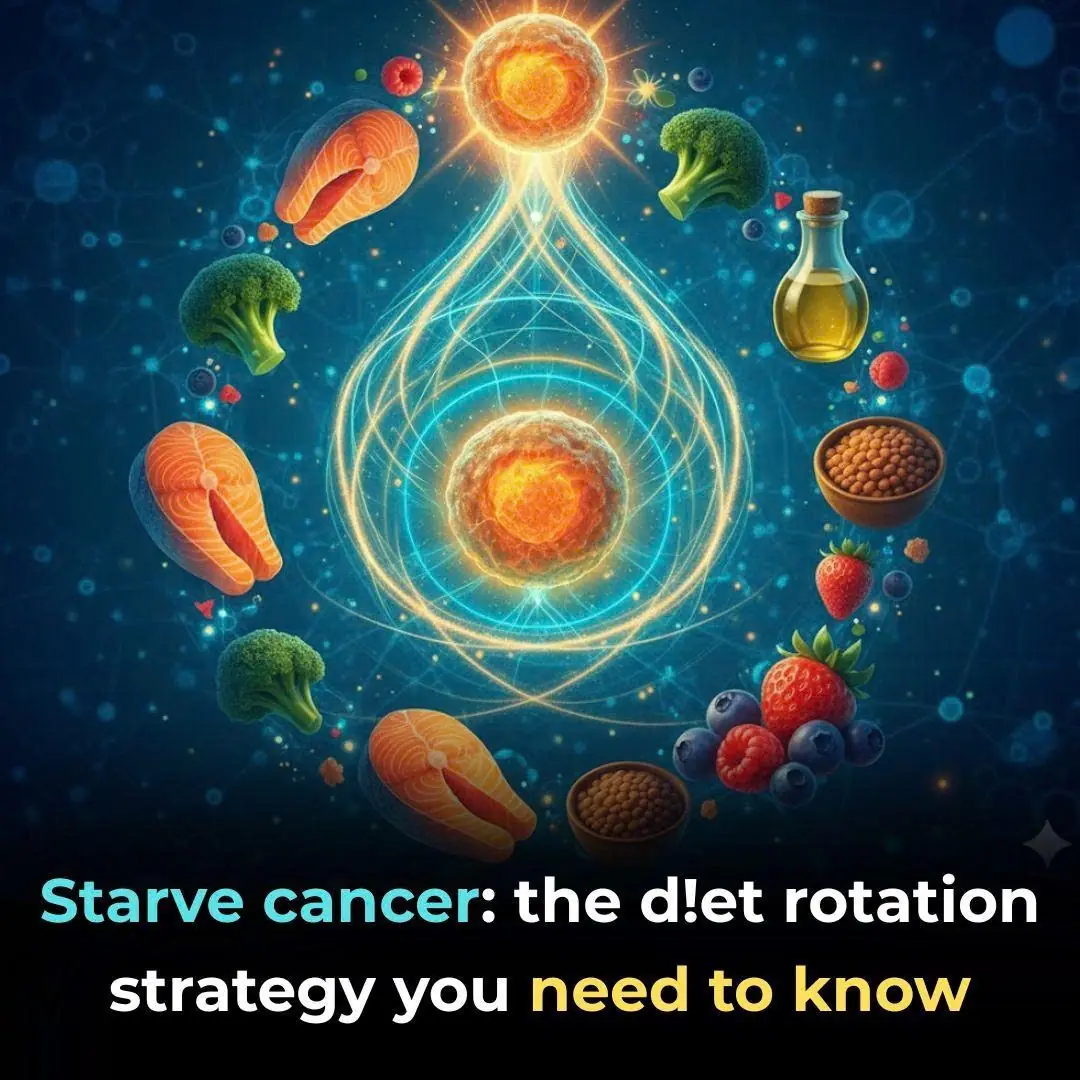
Starve cancer: the diet rotation strategy you need to know
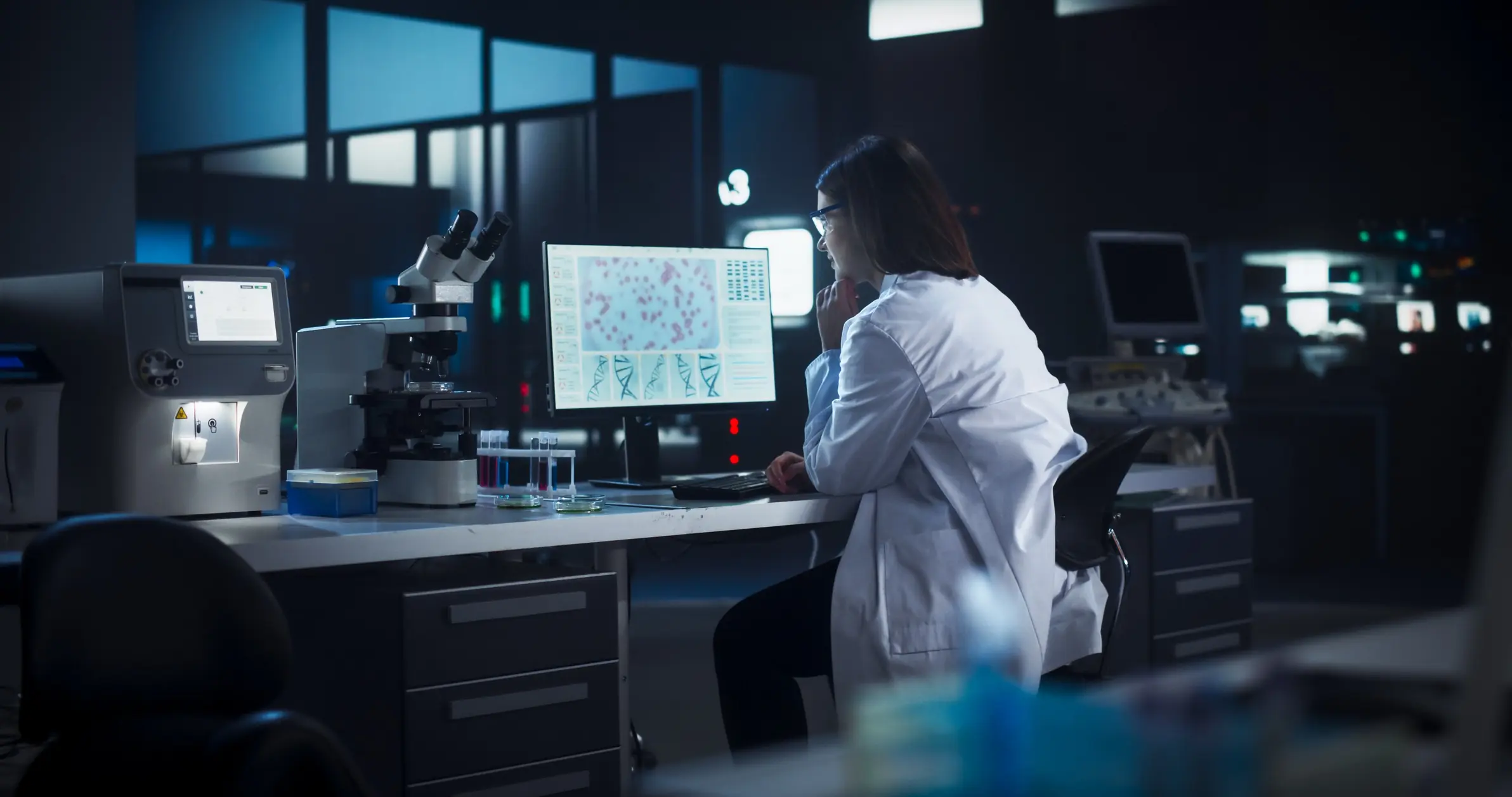
SHOCKING NEW STUDY REVEALS WHAT MIGHT BE SILENTLY DESTROYING HUMAN FERTILITY

POPULAR SHAMPOO URGENTLY RECALLED BECAUSE IT CONTAINS BACTERIA THAT KILLS UP TO ONE IN TEN PATIENTS

Nurse who's witnessed 'so many deaths' explains spine-chilling moment she realised 'what happens after we die'
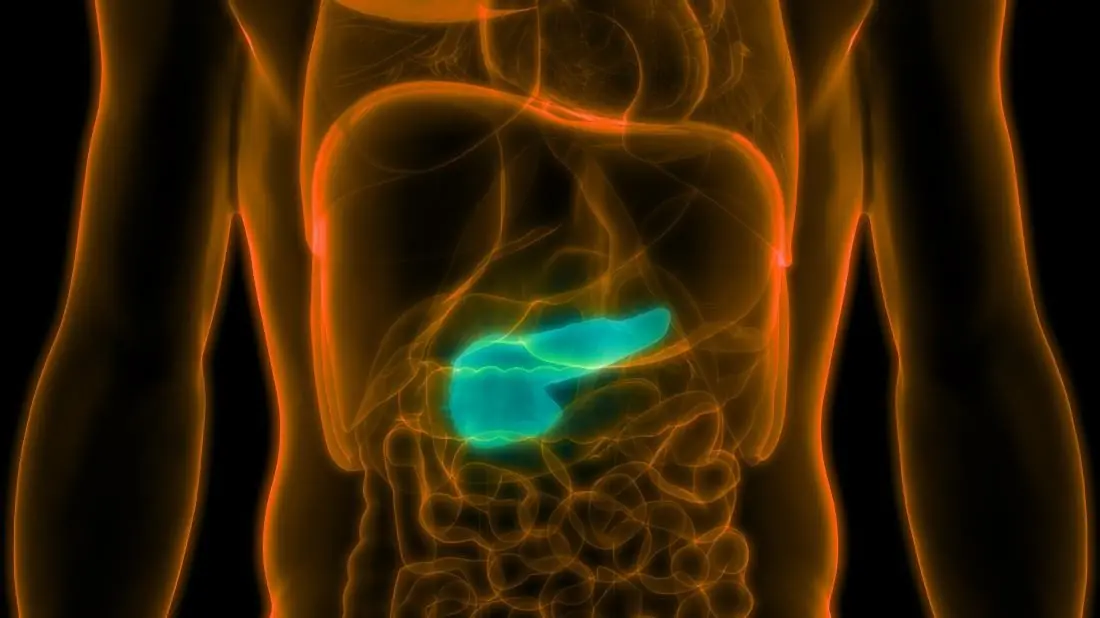
The influenza flu virus is being used to cure pancreatic cancer

Eye Doctor Reveals What To Do If You Start Seeing ‘Floaters’
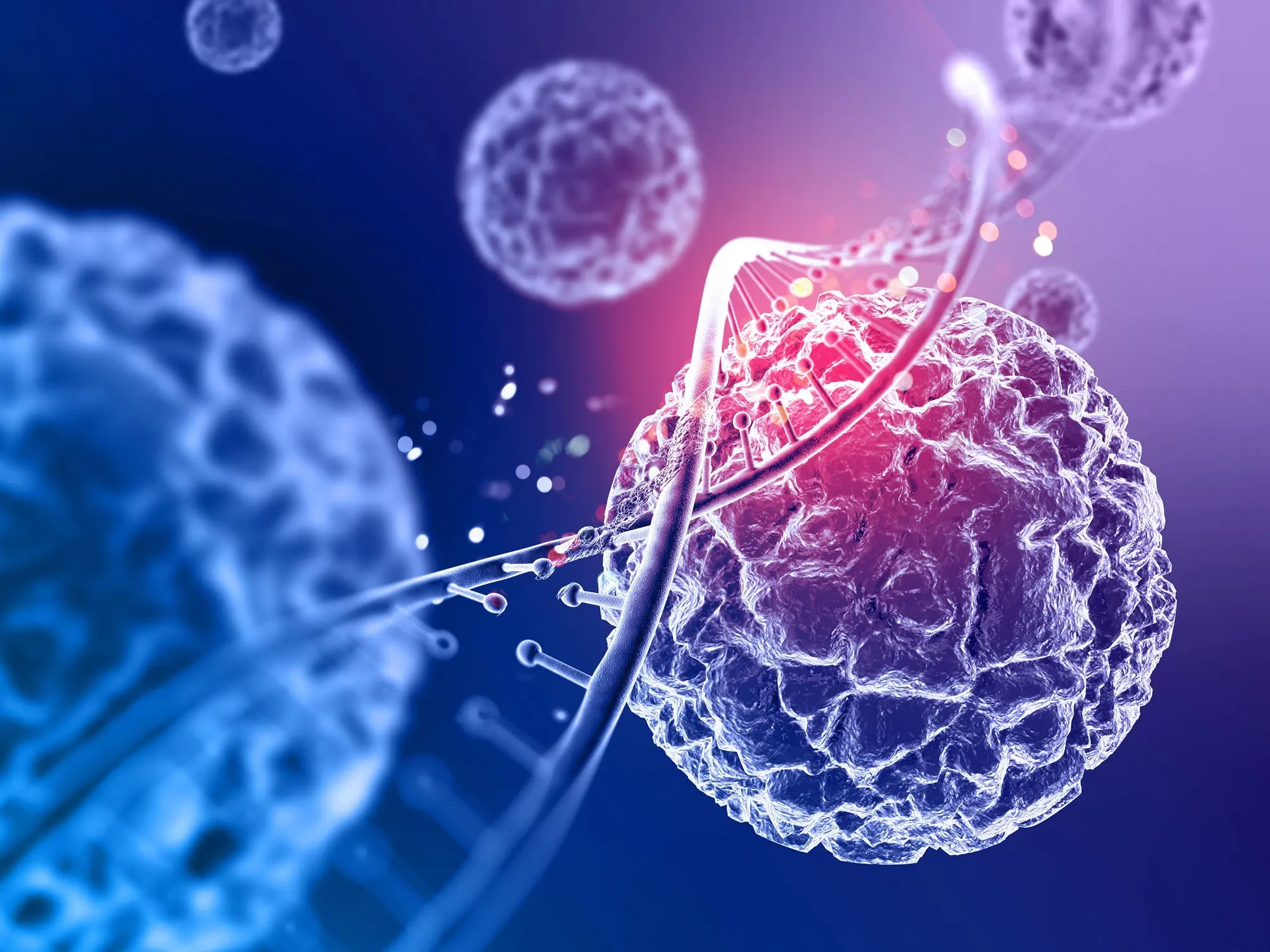
If cancer cells are present in the body, these 3 symptoms often appear in the morning everyone should pay attention

3 foods you thought were bad for diabetes (but aren’t!)

Sleeping Naked: 8 Surprising Benefits

What Happens To Your Skin When You Rub An Ice Cube On Your Face
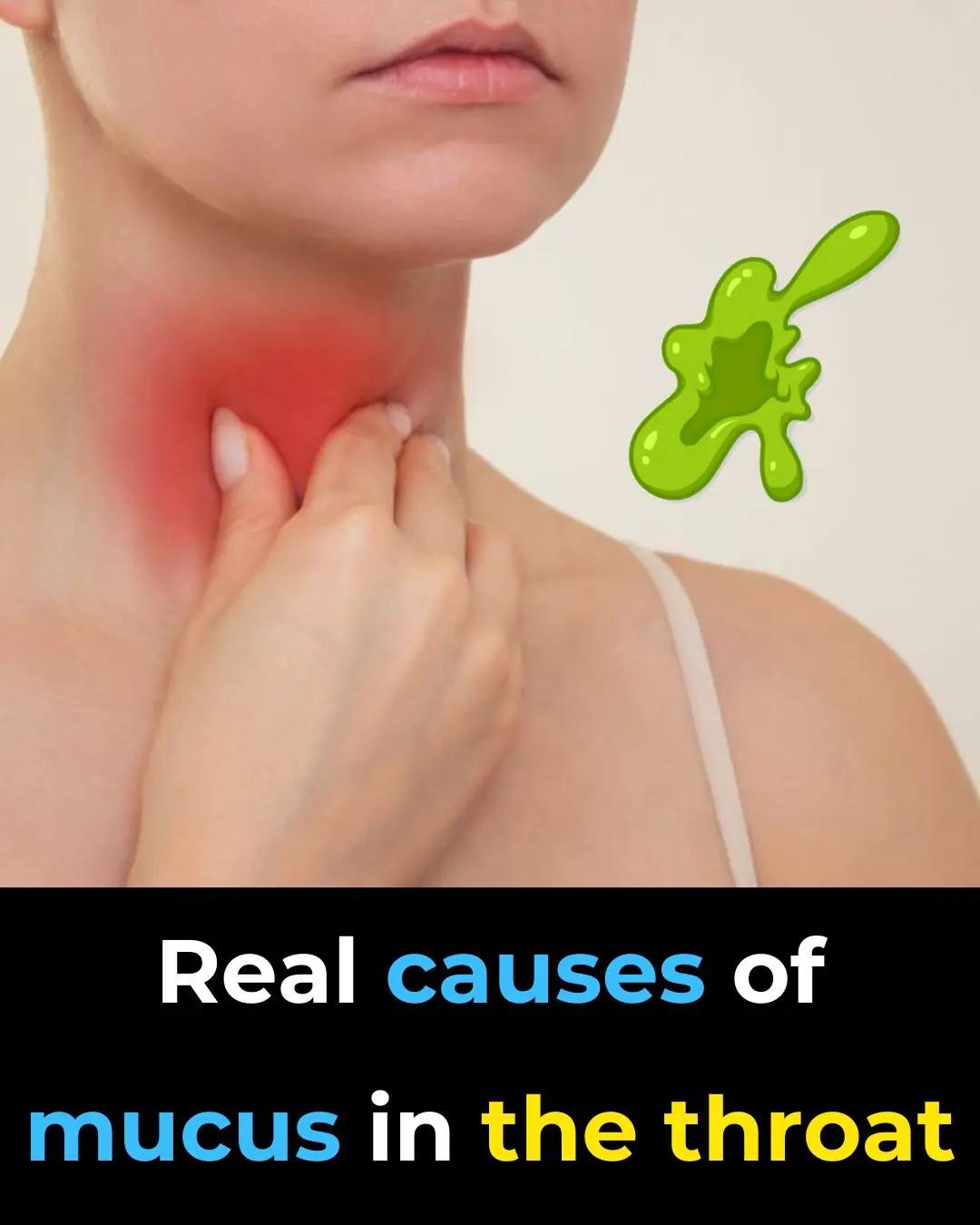
🤢 The Real Causes of Constant Phlegm and Mucus in Throat — And How to Get Rid of It
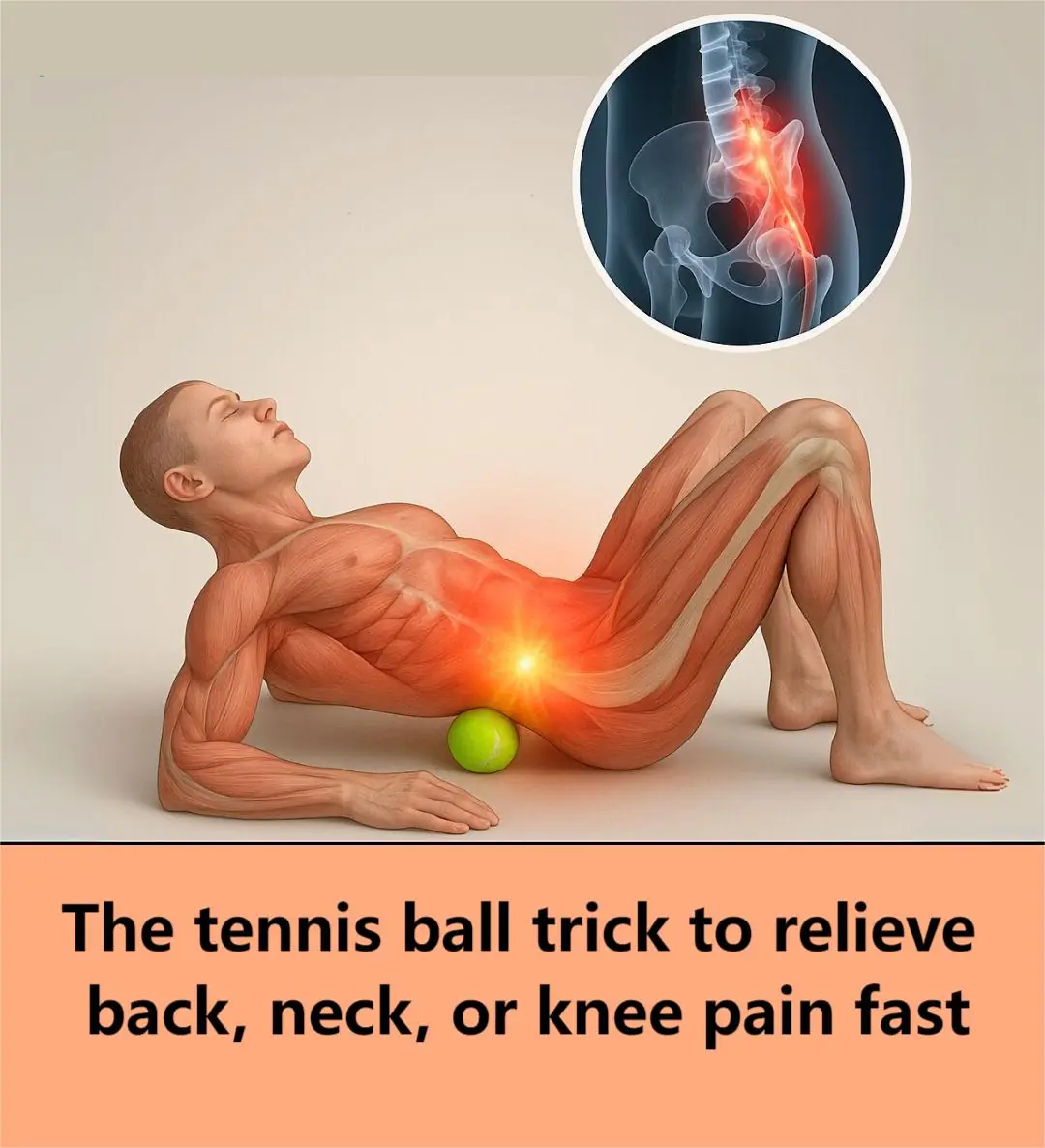
The Tennis Ball Trick That Can Relieve Back, Neck Or Knee Pain In Seconds
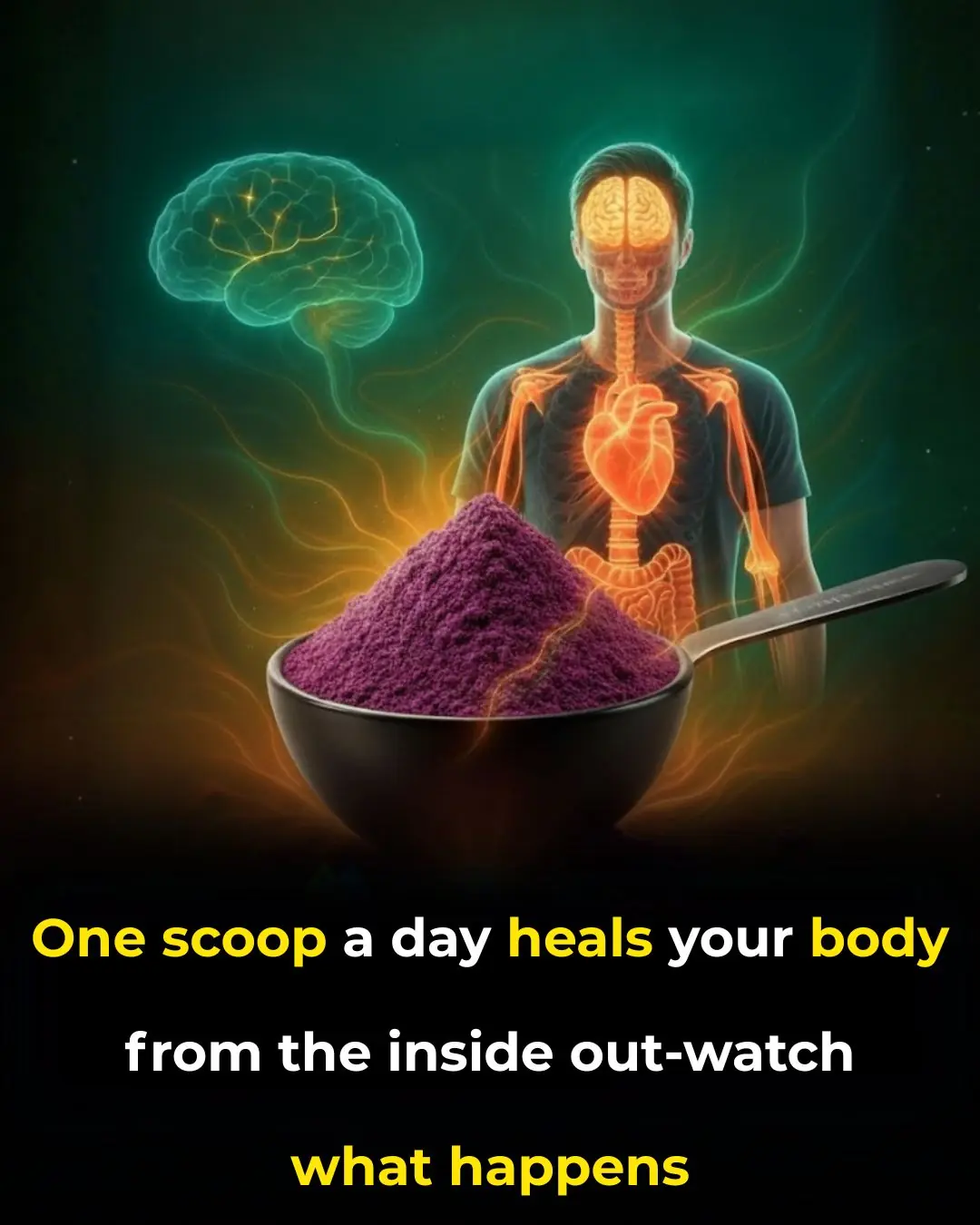
One scoop a day heals your body from the inside out — watch what happens
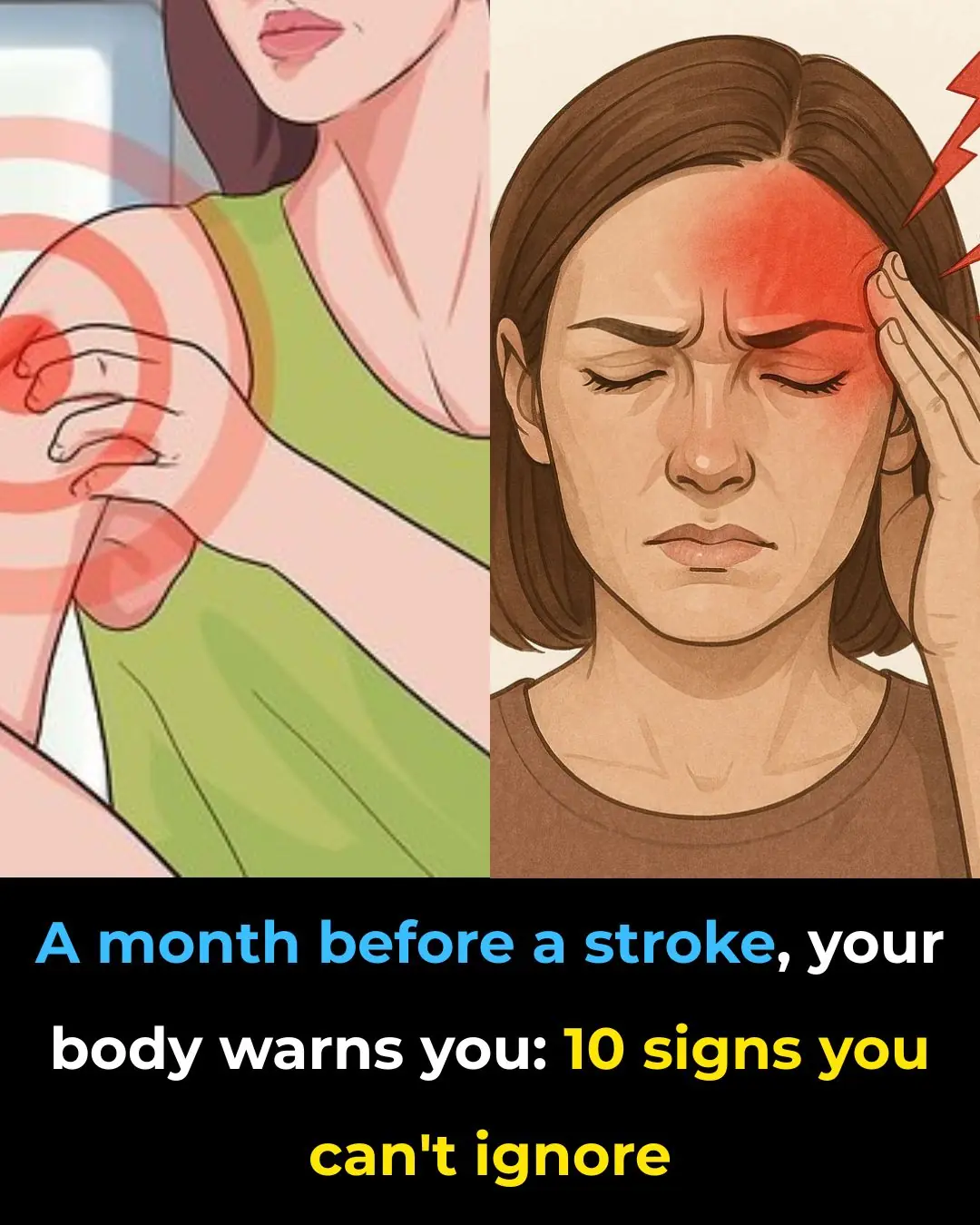
🧠 A Stroke Can Happen Suddenly — But Your Body Might Send Early Warnings (Know the Signs)
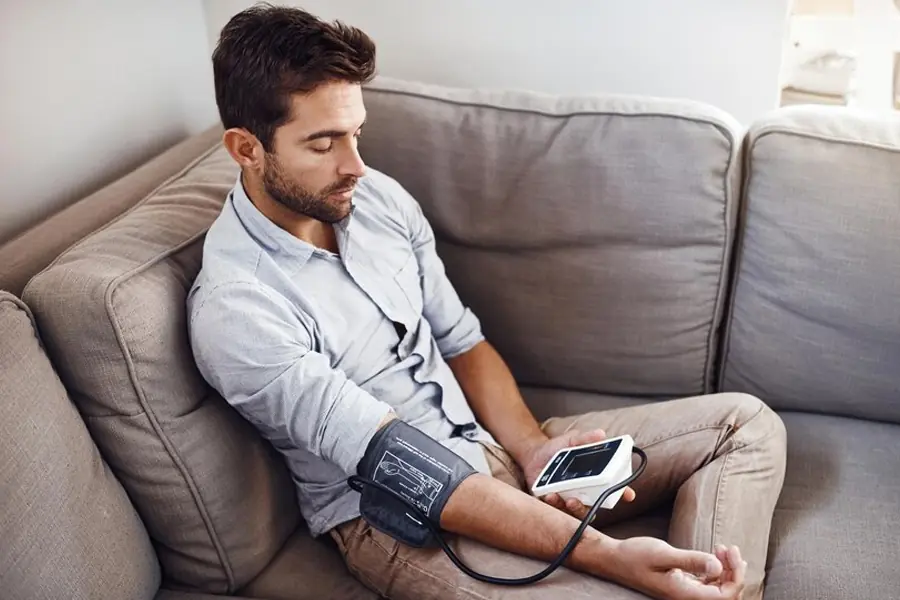
Are You Being Lied To About What Your Blood Pressure Should Be? — Read This Before You “Chase the Number”
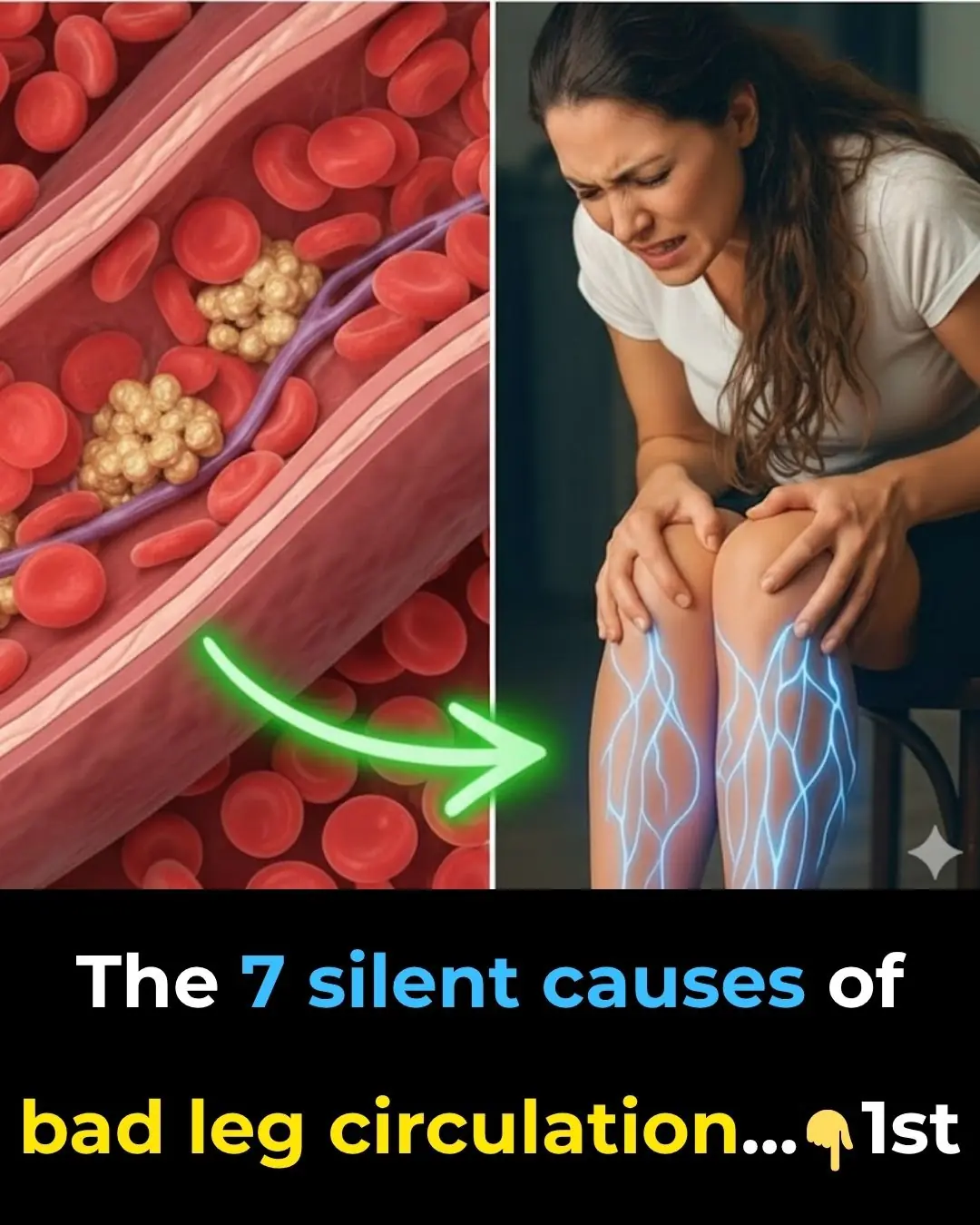
The 7 silent causes of bad leg circulation
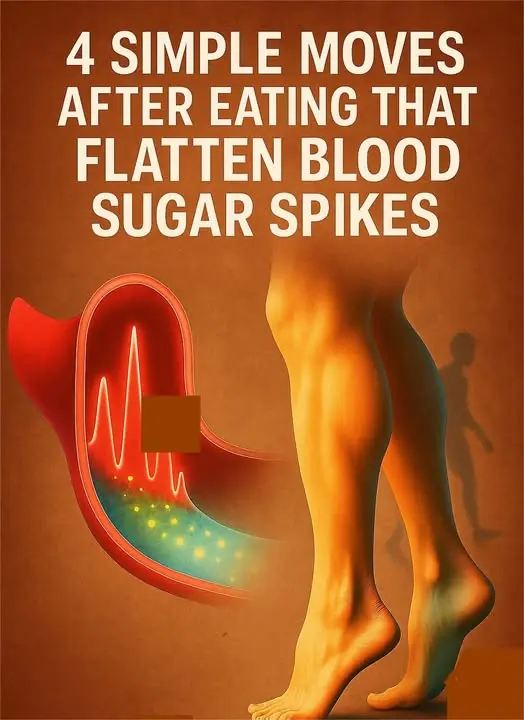
4 simple moves after eating that flatten blood sugar spikes

This Miraculous Drink Will Work Wonders for Your Thyroid
News Post

5 Amazing Benefits Of Aloe Vera Gel For Skin: Large Pores, Dark Spots, Wrinkles

Clove & Lemon Collagen Drink: Wrinkle Free, Glowing Skin

Unlock Your Body’s Hidden Power: Try Garlic and Honey on an Empty Stomach for 7 Days

Tragus Piercing What Does It Mean

9 Health Benefits of Pine Needles

Unlock The Incredible Health Benefits of Garlic, Ginger and Lemon for Men

A special method to grow garlic in plastic bottles

7 Benefits of the Miracle Leaf of Life

7 Amazing Health Benefits of Banana Blossoms

Boiling Sweet Potatoes: Don’t Just Add Plain Water—Add This Spoonful for Perfectly Fluffy, Sweet Results

The Science Behind Putting a Cotton Swab in a Menthol Oil Bottle
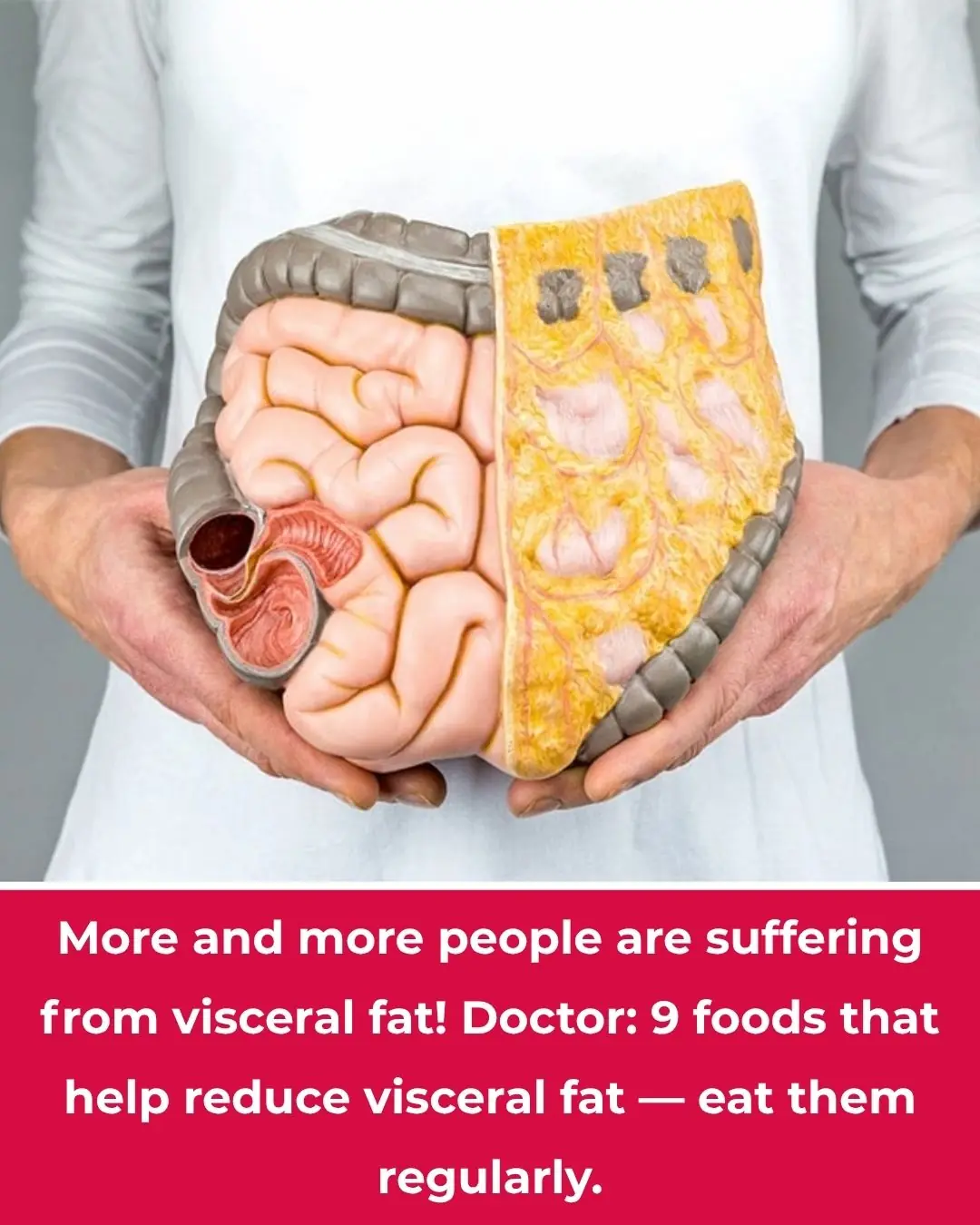
More People Are Struggling with Visceral Fat — Doctors Reveal 9 Foods That Help Burn It Naturally

Black Turmeric vs. Yellow Turmeric: Which One Is Better?

Starve cancer: the diet rotation strategy you need to know
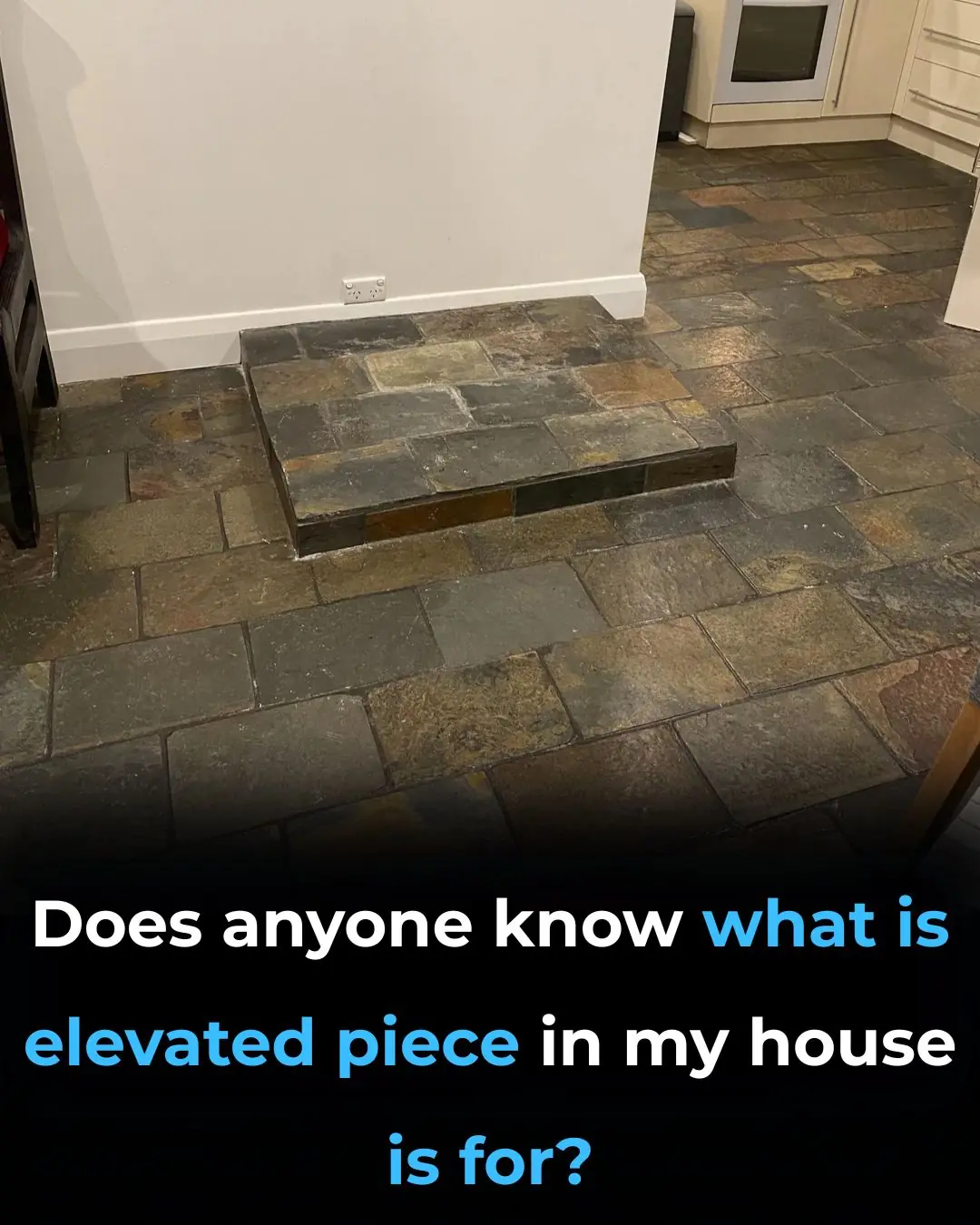
Like to see more from Tips for the Home

💪 Sarcopenia: Why Muscle Loss Happens & How to Fight It (After 50)

I Had No Idea About This!

These Ideas Are Amazing: 10 Clever Ways to Use Dryer Sheets Beyond the Laundry Room

Most Don’t Know: 13 Brilliant Ways to Use WD-40 Around the House
